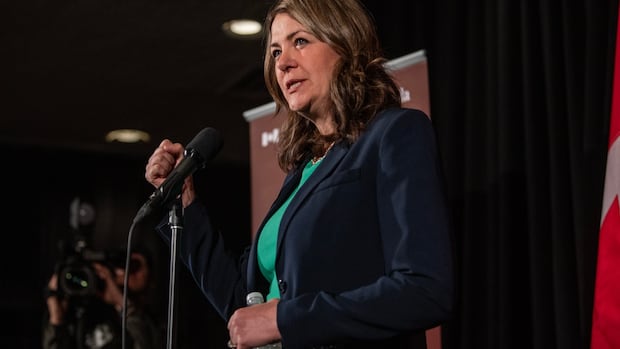Danielle Smith dwells on graphics, not words, as Alberta retools book ban policy

The Edmonton Public School Board has made waves in the world of education and literature advocacy. Their recent actions have prompted a reevaluation of the Alberta government’s policy on sexually explicit books in school libraries.
After the school board released a list of 200 banned books, including works by renowned authors like Maya Angelou and Margaret Atwood, the government was forced to reconsider its stance. Premier Danielle Smith criticized the board’s actions as “vicious compliance” and emphasized that the province never intended to ban literature of such caliber.
In response to the outcry, Alberta’s education minister announced a pause on the book restriction policy. The aim is to modify the order to align more closely with the government’s original intentions. Premier Smith highlighted the need to remove sexually explicit content from elementary schools, citing examples of graphic novels with explicit depictions.
The focus of the government’s concern seems to be on visual representations of sex rather than written content. Premier Smith has consistently emphasized the need to remove pornographic images from school libraries. However, the initial order by Education Minister Demetrios Nicolaides targeted all forms of depictions, whether written, illustrated, or photographed.
The debate surrounding the ban has raised questions about censorship and the boundaries of acceptable content in school libraries. While some support the government’s efforts to protect children from explicit material, others argue that such restrictions infringe on intellectual freedom. The revised policy is expected to provide more clarity on what is considered appropriate content in school libraries.
As the controversy continues to unfold, educators, librarians, and literature defenders are closely monitoring the situation. The impact of the ban on graphic novels and other forms of media remains a contentious issue, with concerns about potential self-censorship and the stifling of diverse voices in literature.
Overall, the debate over sexually explicit content in school libraries is a complex and nuanced issue that requires careful consideration and thoughtful dialogue. It remains to be seen how the revised policy will address these concerns and uphold the principles of intellectual freedom in education.




